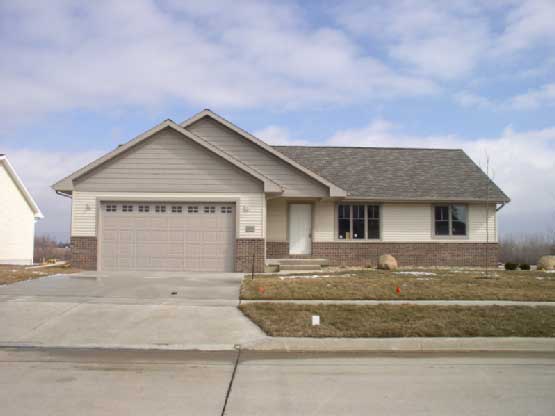The Role Soil Moisture Plays in Protecting Hardscapes and Foundations from Expansive Soil Damage

Protecting Hardscapes and Foundations from Expansive Soil Damage
Expansive soil damage is one of the leading causes of structural damage in the nation, causing over 13 billion dollars of damage annually. Expansive soil is a general term used to describe minerals that well when they absorb moisture. All types of soil do this to some degree, but certain types such as clay can create enough upheaval force around the edges to cause serious damage. Take a look at how soil moisture affects your home’s foundation below:
Examining Soil Moisture and Expansive Soil
Moisture is not necessarily the problem with expansive soil damage. Changing levels of moisture that causes the soil to expand and contract is what causes significant damage. Water can penetrate even the tiniest fissures in the ground—especially those created by concrete foundations—and alter the moisture levels accumulates around the edges of a home’s foundation, lifting it while the center stays dry. While this may seem like a relatively minor issue for something as large and heavy as a concrete foundation, soil expansion can exert as much as 5,500 pounds per square foot of pressure.
Techniques for Maintaining Soil Moisture
Moisture from inclement weather or irrigation utilities disperses downwards and outwards as it seeps into the soil, so the moisture levels stay constant only a few feet underground. Foundation engineers can use this trait to their advantage by implanting the foundation several feet into deeper the earth, but this method is often costly and is not used in all structures. Alternatively, a concrete “apron” extending three to four feet from the base foundation can be used to divert moisture seepage away from the home. One of simplest and most cost-effective methods of maintaining soil moisture levels is installing a surface or French drainage system or simply keeping your gutters and downspouts clean.
If your home or business is need foundation or drainage correction services in the Dallas-Fort Worth area, contact our team of certified professionals here at Structured Foundation Repairs, Inc. at 972-484-1200 to receive a free foundation evaluation.
